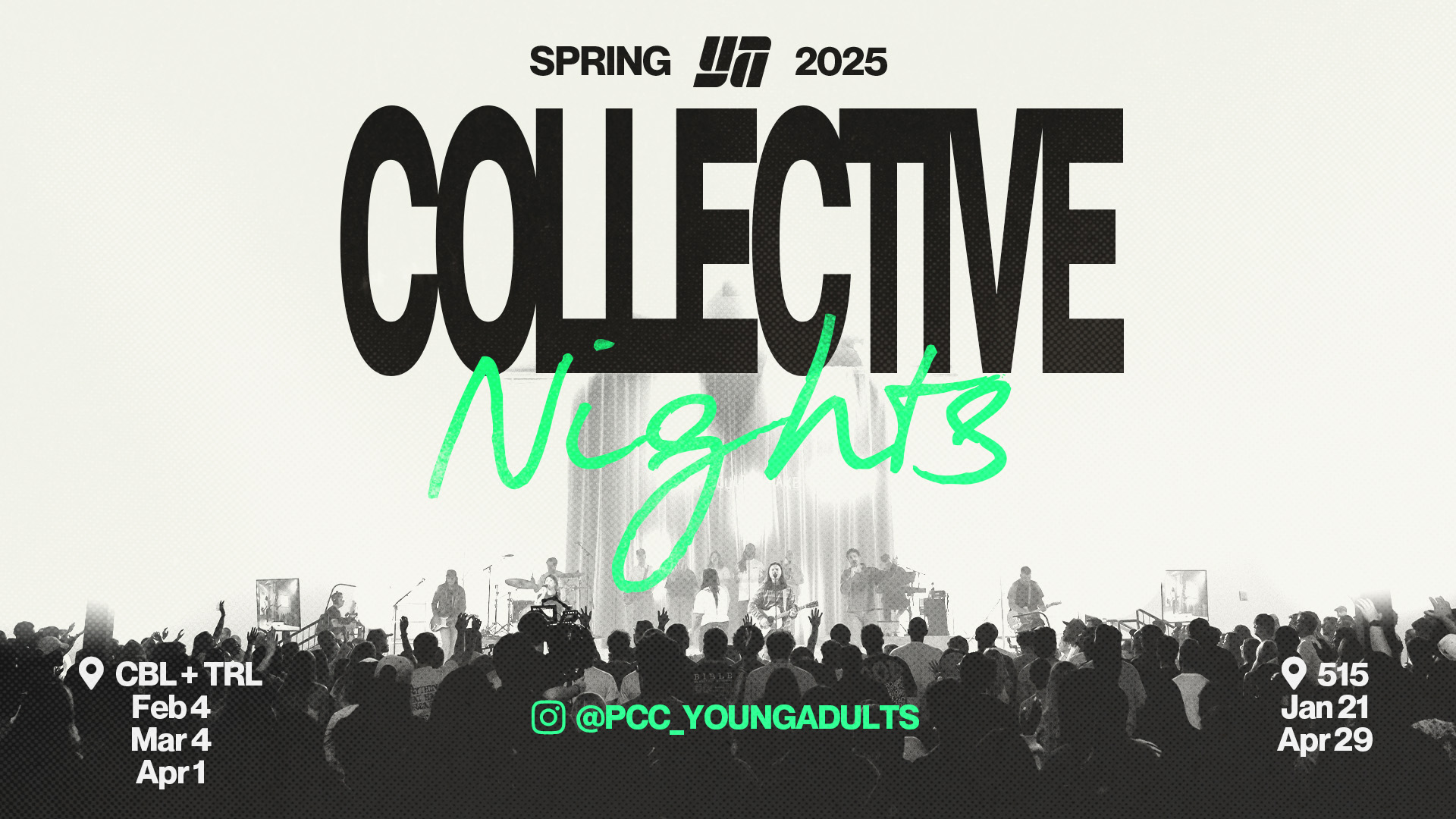Share Article
“Nothing teaches us about the preciousness of the Creator as much as when we learn the emptiness of everything else.” Charles Spurgeon
“Whatever your heart clings to and confides in, that is really your God, your functional savior. ” Martin Luther
When we think about the word ‘idolatry,’ it’s hard not to bring to mind thoughts of the Old Testament, the Law, or maybe even the golden calf that Aaron and the people of Israel forged from their Egyptian gold at the foot of Mount Sinai.
After all, idolatry was largely introduced through the Mosaic Law and the 10 Commandments. Though idolatry had been present from the moment sin entered the world, it was codified as the second commandment in Exodus 20:4-5,
You shall not make for yourself a carved image, or any likeness of anything that is in heaven above, or that is in the earth beneath, or that is in the water under the earth. You shall not bow down to them or serve them, for I the Lord your God am a jealous God…
If you’ve grown up in or even around Church, you likely have a vague sense that idolatry is wrong. But like most of the other 10 Commandments, idolatry can feel distant and far off, an ancient word for an old-fashioned practice that doesn’t really apply to our advanced and more educated society. After all, we aren’t smelting ores or carving wooden statues in the likeness of otherwise invisible gods, right?
Idolatry, by all biblical definitions, is certainly the practice of making and worshipping physical images and icons. But it’s also more than that. It’s the very misdirection of our worship. It’s our hearts clinging and confiding in that which does not or cannot bring us peace or security. It is the elevation and glorification of anything other than God, which eventually leads to personal emptiness and separation from true life.
Idolatry is the raising to ultimate authority and value that which is not capable or worthy of holding that position. It is giving more credence and affection to something that is created as opposed to the Creator.
What Are Our Modern-Day Idols?
Idolatry may be an ancient word, but it is still a temptation and tactic that is very much at work in the hearts and minds of people today. As followers of Jesus, we must be vigilant to recognize our modern-day forms of idolatry and then quickly and decisively move to root out or “lay aside every weight and sin which clings so closely.” Our faith and very lives might depend on this vigilance.
John Piper defines an idol as “anything that we come to rely on for some blessing, or help, or guidance in the place of a wholehearted reliance on the true and living God.”
Less like a graven image or a golden calf, our idols today are often that which most capture our heart’s affection instead of God. This means the possibilities are rather wide and the specificity is rather personal.
Often, our affections are aimed at good things. Our jobs. Our marriages or friendships. Our impact and significance in the world. It’s okay to enjoy or even love things like these, but where we go off track or wander into error is when our love for these things starts to climb above our love for God.
If our theology of idolatry and modern-day idols is truly built on a Biblical foundation centering around the worship of God, then counter to what culture would have us believe, there are no socially-acceptable idols. You can’t align with God’s view of worship if you’re living with a Jesus + __________ lifestyle. Jesus + enough money to make me comfortable. Jesus + my political party so I fit in with my peers. Jesus + a high enough title at work to where I feel significant.
That’s what Paul means when he wrote in Philippians 3:8-9:
Indeed, I count everything as loss because of the surpassing worth of knowing Christ Jesus my Lord. For his sake I have suffered the loss of all things and count them as rubbish, in order that I may gain Christ and be found in him…
We are invited to enjoy the things around us, soak in the laughter and intimacy of good friendships, cheer for our favorite teams, and be good parents, spouses, sons, or daughters. We’re invited to love what we get to do with our skills or talents and to love things that are random, eccentric, or eclectically you.
Recognizing our idols doesn’t mean we have to immediately diminish and destroy anything that brings us joy. We just need to be wise and willing to accurately (by the Spirit and by the Scripture) define where our true affections are being directed. We don’t need to get rid of every rock that has found a place in our hearts. Instead, we should aim to take those rocks, your passions, your desires, your joys, and your loves, and build altars of worship to the God who is worthy of every affection.
How Do We Identify Our Idols?
Because idolatry is misguided worship and an idol is a faulty ordering of ultimate affection, there are a thousand different nuances of what idols take priority for each of us personally. Which means you have to do the intentional work of recognizing what you may be idolizing. You’ll be hard-pressed to remove what you don’t recognize, so identifying and naming your idols is crucial to your fight for freedom.
How do we identify and know when an idol is taking up vast real estate in our hearts and minds? We spend time gauging how we are interacting with our passions and desires. We ask intentional questions and surround ourselves with Godly community that can walk with us and know our hearts.
To see three practical ways to identify your idols as outlined in Scripture, turn to 1 John 2:15-17:
15 Do not love the world or the things in the world. If anyone loves the world, the love of the Father is not in him. 16 For all that is in the world—the desires of the flesh and the desires of the eyes and pride of life[c]—is not from the Father but is from the world. 17 And the world is passing away along with its desires, but whoever does the will of God abides forever.
Take note that the passage begins with a mandate to guard our affections. If we want to walk free from idolatry, we’ll need to not give our affections to the world or its things. John then goes on to describe what some of these worldly things, or idols, are:
- The desires of the flesh.
- The desires of the eyes.
- The pride of life.
Let’s take these three phrases out of the general and move each into the specific. What are the desires of the flesh? We can read Paul’s description of this in Galatians 5:16-21. It’s the words, actions, or behaviors that gratify our sinful nature more than our Spirit-led nature. Said another way, what are you doing physically that isn’t aligned with the worship of God?
What are the desires of the eyes? Namely, those things that you don’t currently possess but are wanting or wishing to. Maybe it’s comparison. Jealousy or covetousness. Maybe it’s the judgment we enjoy passing on others or the fears and anxieties we assume when we feel our sense of control slipping away. What are you looking at and what is consuming your field of vision?
Lastly, John mentions the pride of life. This is fairly self-evident, but these idols are connected to our thinking we are _____ -er than others and even God. Stronger. Smarter. Better Holier. One of the most common modern-day idols is our elevation of self and our own merits and abilities. If we are not careful, we’ll spend our short window on this earth trying to protect and promote a version of our lives that Jesus has already died for.
These idols, the desires of the flesh and eyes and the pride of life, are not from the Father, but from the world. But the hope and truth of the gospel is that we do not have to live like we are of this world. We can stand assured on the words and prayers of Jesus, as we read in John 17:15-16
I do not ask that you take them out of the world, but that you keep them from the evil one. They are not of the world, just as I am not of the world.
We don’t find our ultimate victory over idolatry by removing ourselves from all things that are of this world. The good things we love aren’t bad things, they just were never meant to be ultimate things. Rather, we are meant to find our ultimate victory through the protection of the Father and the provision of the Son, King Jesus.
For more insight on idolatry and what it looks like to actually dethrone idols in your life, read part two of ‘Does Idolatry Exist?’

How to Dethrone Our Idols and Live Free
Does Idolatry Still Exist? Pt. II
How can you move something off the throne of your heart if you aren’t willing to acknowledge and confess that there is an imposter currently seated where Christ should be ruling? In part two of 'Does Idolatry Exist?' Jake Daghe acknowledges the many dangers that arise when we have other idols ruling our hearts and gives us practical ways to remove those idols and replace them with something, or in this case, someone better. Jesus.

